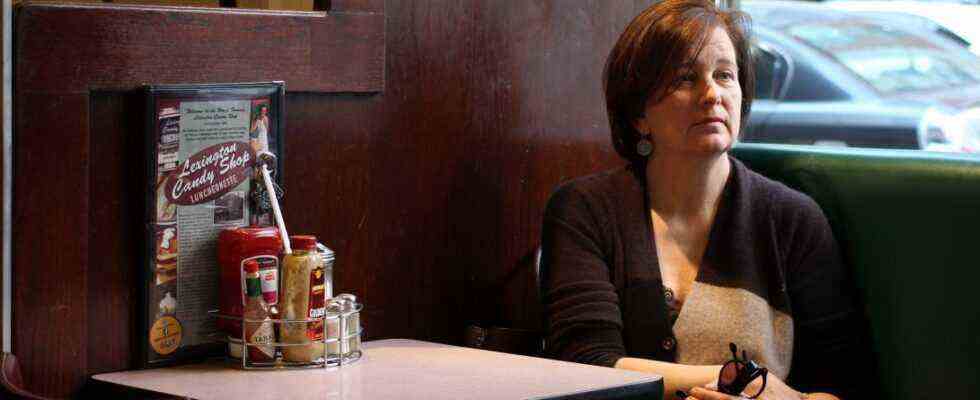He was called the Aubing Beast. Johann Eichhorn raped at least 90 women, five of whom he killed. His first murder victim was Katharina Schätzl in 1931, and Maria Jörg his last in 1938. At the beginning of 1939, the then 32-year-old married shunter, father of two children, was arrested and executed in Stadelheim at the end of the year. Johann Eichhorn belonged to the NSDAP. The competent authorities therefore did everything possible to put a cloak of silence over the monstrous case. They have largely succeeded in doing this. The serial killer and sex offender with a penchant for dark-haired, stocky women only became known to the general public when Andrea Maria Schenkel made his story the content of her second crime novel “Kalteis”. Johann Eichhorn is called Josef Kalteis here, Katharina Schätzl is Kathie Hertl.
On the one hand, the author sticks to the facts. At the end of the book, which was published in 2007, she lists the sources she used, including the interrogation protocols of the Munich police headquarters that are kept in the State Archives. On the other hand, she takes literary liberties to use the example of her fictional Kathie Hertl to tell about little people in search of private happiness. “She doesn’t want to let herself get down,” says the young girl from Wolnzach in the Hallertau defiantly encouraging herself. “She’s here in Munich, in the city, to make her fortune. And she’d make that fortune. She’s sure of that.” It is one far from the narrow village, one from the sweet life in the big city, as it is led to believe in the “magazines”.
In 2006 Schenkel received the German Crime Award for her debut “Tannöd”
Andrea Maria Schenkel celebrated a great success in 2006 with her debut “Tannöd”. In it, she relocated the multiple murders on the Hinterkaifeck Einödhof from 1922, which has not yet been resolved, to the Upper Palatinate in the post-war period. The story of domestic violence and abuse, told from different angles, was awarded the German Crime Prize. The writer, who was born in Regensburg in 1962, received this prestigious award again for “Kalteis”. Like the previous novel, this one also constantly changes the narrative perspective, alternating the interrogation of the perpetrator, the testimony of the witnesses to all five murders and the fictional passages in quick succession. In doing so, Schenkel does not stick to the chronology of events, jumping back and forth. Only at the end do all the individual parts create a coherent overall picture like a mosaic. “Kalteis” is a strictly composed crime thriller in which everyone speaks a cultivated Bavarian art.
The actions of Josef Kalteis and their clarification are not in the foreground. Precisely because the author leaves it with scarce information, their historically guaranteed, abnormal brutality becomes even more pronounced. Time and again one feels reminded of Willy Purucker’s story of the Grandauer family. In his radio play series and in the television series “Die Löwengrube” that resulted from it, an image of everyday life in Munich’s moral history was created against the background of the criminal cases. It works similarly in “Kalteis”, only with the difference that Schenkel relies on cold-cut brevity instead of epic breadth. Allusions to it, such as the mention of “Dachau” or Munich as the “capital of the movement”, are sufficient to establish a historical connection with the reader. It shows us a city of simple people in cramped living conditions: kitchen buffet, sofa, washbowl. She leads us to seamstresses, laundresses, waitresses, maidservants. To couplers and their too gullible girls.
The story from below: The apartments are located on Lothringer Straße, Ickstattstraße, on Mariahilfplatz. The greatest pleasure for all the girls and women is an occasional bike trip into the countryside, to Lochhausen, Hohenschäftlarn, Starnberg. Many women should never return from it. Andrea Maria Schenkel talks about them. Not just as a victim, but as a person with dreams, desires, longings.
Andrea Maria Schenkel, Cold Ice. Novel. btb publishing house, Munich 2009. 192 pages, 7 euros.

